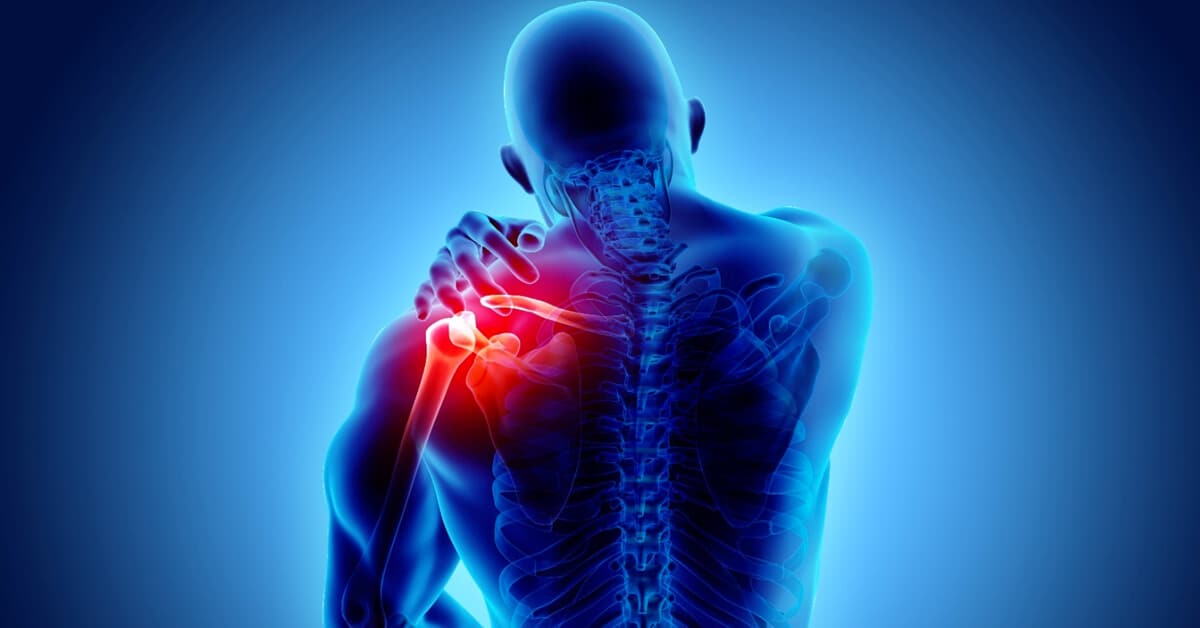Empowering Yourself Through Pain Relief Management: Taking Control of Your Health

Image source: Google
Pain relief management is a crucial aspect of taking control of your health and empowering yourself to live a life free from constant discomfort. Whether you are dealing with chronic pain, acute pain from injuries or surgeries, or the occasional headache or muscle ache, finding effective ways to manage and alleviate pain can greatly improve your quality of life.
Here are some tips to help you empower yourself through pain relief management:
1. Educate Yourself: Understanding the type of pain you are experiencing and its underlying causes can help you make informed decisions about how to manage it. Take the time to research your condition, talk to healthcare professionals, and learn about different treatment options available to you.
2. Communicate with Healthcare Providers: Building a strong and open relationship with your healthcare providers is essential for effective pain management. Be honest about your pain levels, concerns, and goals for treatment. Ask questions, seek clarification, and work together to develop a comprehensive pain relief plan.
3. Explore Non-Pharmacological Therapies: While pain medications can be effective for relieving pain, they are not the only option. Consider incorporating non-pharmacological therapies such as physical therapy, acupuncture, massage, yoga, meditation, or cognitive-behavioral therapy into your pain relief regimen. These holistic approaches can complement traditional treatments and help reduce reliance on medications.
4. Stay Active: Engaging in regular physical activity can help manage pain by strengthening muscles, improving flexibility, and releasing endorphins, which are natural pain relievers. Find activities that you enjoy and are suitable for your condition, whether it's walking, swimming, yoga, or tai chi.
5. Practice Self-Care: Taking care of your overall well-being is essential for managing pain effectively. Get enough rest, eat a balanced diet, stay hydrated, manage stress, and prioritize relaxation techniques. Self-care practices such as mindfulness, deep breathing, progressive muscle relaxation, and guided imagery can help reduce pain perception and improve your mental and emotional state.
6. Set Realistic Goals: It's important to set realistic goals for pain relief management and be patient with the process. Keep track of your progress, adjust your treatment plan as needed, and celebrate small victories along the way. Remember that managing pain is a journey, and it may require a combination of strategies to find what works best for you.
7. Seek Support: Dealing with chronic pain can be challenging, both physically and emotionally. Don't hesitate to reach out to friends, family, support groups, or mental health professionals for support and guidance. Sharing your experiences and feelings with others who understand can provide comfort, validation, and new perspectives on coping with pain.
By taking an active role in your pain relief management, you can empower yourself to make informed decisions, improve your quality of life, and ultimately regain control over your health and well-being. Remember that you deserve to live a life free from unnecessary suffering, and you have the power to make positive changes for yourself.